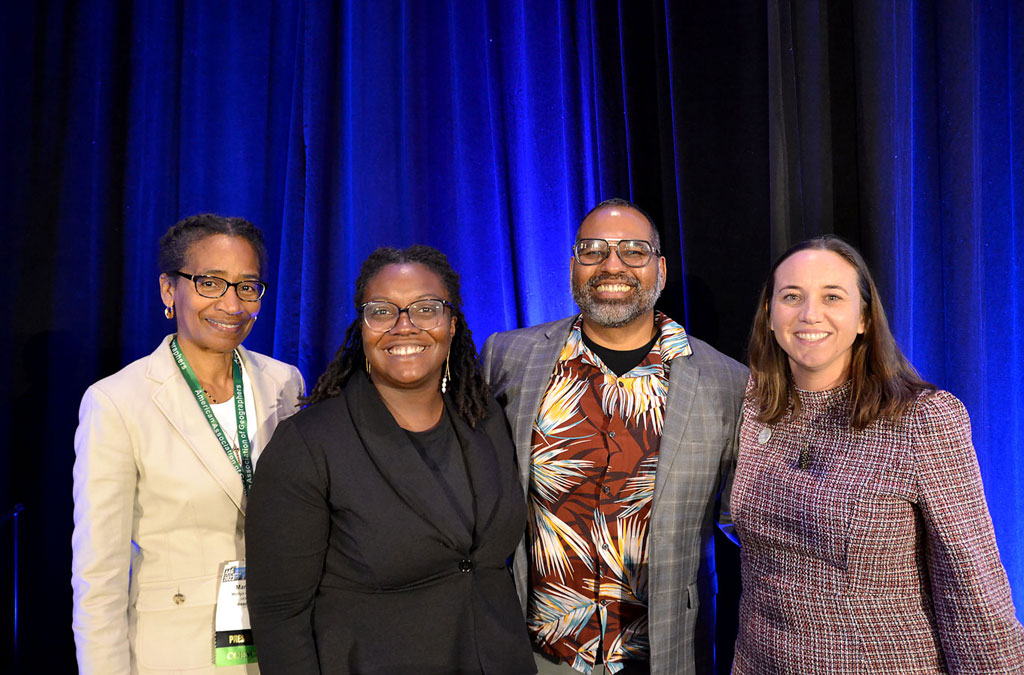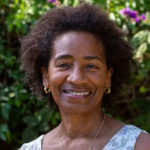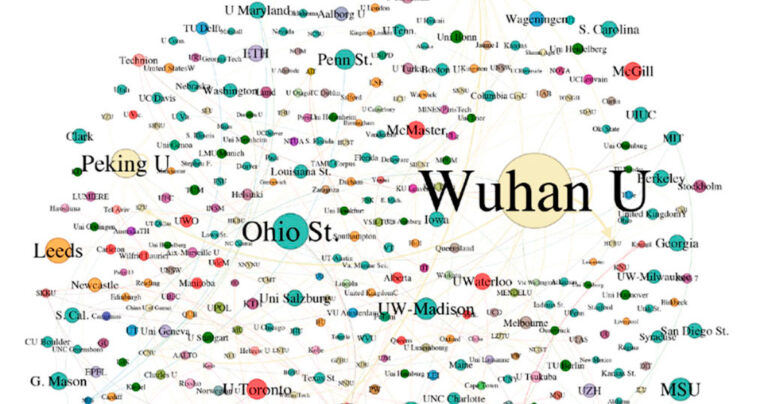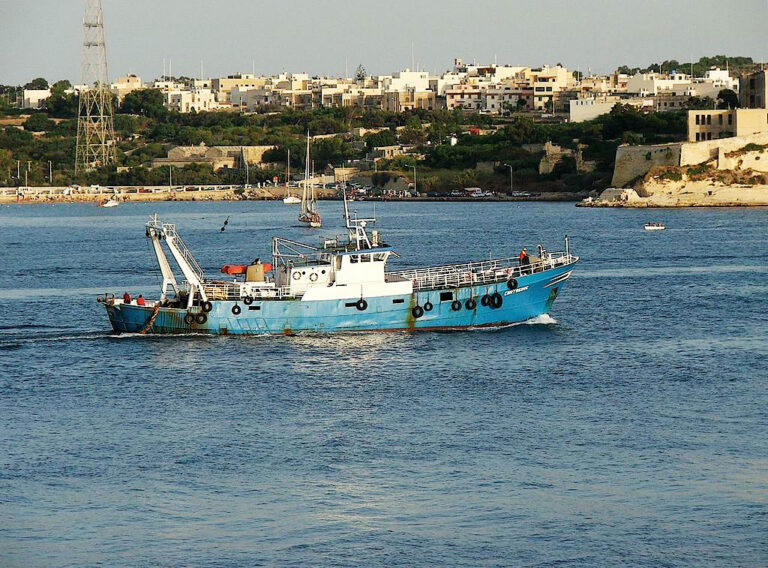Connecting with Our Community to Bridge Divides and Raise Our Voices


It is now almost a month since our Annual Meeting in Denver concluded and I can still feel the glow. More than 6,000 AAG members converged on Denver ready to re-engage with their geography family. We were at first tentative about being with people in person, yet eager to restart the social-intellectual experiment that these meetings embody. I met many more members than I would normally — not simply old friends and colleagues, as delightful as that was, but also new members, in particular, early career geographers (students, postdocs). Everyone, from seasoned AAG members to brand-new ones to AAG staff, expressed to me how happy they were to be meeting and to be in conversation with each other.
I’ll mention three (of many) special moments:
There was one conversation that I overheard while having a quiet coffee, in which the members were saying how much they were enjoying the meeting, expressing the excitement of realizing that the author whose work you were citing in your presentation was actually sitting in the audience and that the meeting was totally worth the effort that it took to get there. I couldn’t help myself I had to go over and introduce myself as their President and confess that I had overheard them. They were delighted.
Another experience that I will cherish came at our opening reception on Thursday. I was greeted by a quartet of young African geographers who came together to meet me and be photographed with me. They were so excited that their president was a Black woman, they wanted it on record. Their excitement drove home to me how important diversity and inclusion are to inspiring and encouraging young people, not just in our discipline but in their decisions and ability to persist in their work and lives.
A third was attending [part of] the Bridging the Digital Divide networking session, which brought a number of students to the Denver meeting. I mention this because it is an initiative that AAG created in 2020 in “to quickly address the technology needs of geography students at minority-serving institutions, as COVID-19 disrupted their learning environments.” Actions like these move us towards a Just Geography, and the presence of these students at the meeting drove that point home.
The highlight of my meeting experience was the Presidential Plenary I led: Its theme, you will remember, was “Towards a Just Geography.” The plenary brought together ideas that AAG, and you as its members, have been working on for some time. The three panelists, geographers at different stages of their careers, suggested directions arising from their own study, experiences, and hopes. They reflected on the spatial and temporal dimensions of justice, the potential of critical physical geography, and the importance of mentoring our early-career geographers. These are only three facets of what is a multifaceted concept. However, the ideas passionately expressed by the panelists demonstrated a renewed understanding of how transformative the work of addressing justice must be, challenging our mindsets, frameworks, and assumptions.
This call for a renewed understanding stayed with me as I sat in on a number of themed sessions over the ensuing days. As I listened to the presentations, I was struck by the urgency of the voices of geographers as they discussed their work. I saw not only the value of their interdisciplinary and cross-cutting perspectives on the grand challenges of the world, but also the real need for the taking those perspectives into the public realm.
To meet that need, AAG has launched a major initiative, Elevate the Discipline, aimed at amplifying geographers’ voices with training and resources for media relations, public scholarship, and advocacy. In addition, AAG recently completed its Strategic Plan for 2023-2026, which features eight areas of innovation and effort. Woven directly into the new plan are the Justice, Equity, Diversity, and Inclusion initiative goals, which will receive a significant infusion of members’ input and guidance this year with the launch of seven new working groups. I’d like to tell you more about these areas of AAG’s work and encourage you to get involved.
Apply: Elevate the Discipline program. May 5 is the last day to apply for AAG’s first-ever Elevate the Discipline training cohort. Elevate the Discipline is designed to provide training, learning resources, and a platform for geographers to be heard in the media, as voices for public policies, and in advocating for change. In addition to the week-long training program this summer, AAG is developing webinars to be provided in 2024, and has curated a free suite of resources available year-round. This year’s theme for the week-long training is “Climate Change and Society,” which is particularly relevant to the focus on justice, equity, diversity, and inclusion.
Join: Working Group for AAG’s Justice, Equity, Diversity, and Inclusion (JEDI) initiative. If you attended the Annual Meeting, you may already have had a chance to find out about the seven JEDI working groups that AAG is forming to enable members to advise and collaborate on the AAG JEDI plan. The groups will address governance, communications, focused listening, membership, reports, advocacy, and training. There are still spaces open on some of the committees, and you can use this link to apply.
In an article for ArcNews last year, I called for renewed efforts to suit our methodologies and research to the very real human needs and inequities that the climate crisis reveals: “There is so much more that physical and climate scientists, including geographers, need to learn about how we practice and use our science. We have made great strides in our understanding of the physical nature of climate and climate change. However, our understanding is limited by the fact that we do not incorporate the human element well enough.” Something similar can be said for our efforts to communicate what’s at stake: Do geographers have the tools they need to not only translate their research to public information, but also to connect the science with social impacts and possibilities? Both the JEDI working groups and Elevate the Discipline are powerful, member-driven opportunities to help AAG illuminate and amplify the social and physical dimensions of this current moment on our planet.
DOI: 10.14433/2017.0130
Please note: The ideas expressed in the AAG President’s column are not necessarily the views of the AAG as a whole. This column is traditionally a space in which the president may talk about their views or focus during their tenure as president of AAG, or spotlight their areas of professional work. Please feel free to email the president directly at raphael [at] geog [dot] ucla [dot] edu to enable a constructive discussion.


